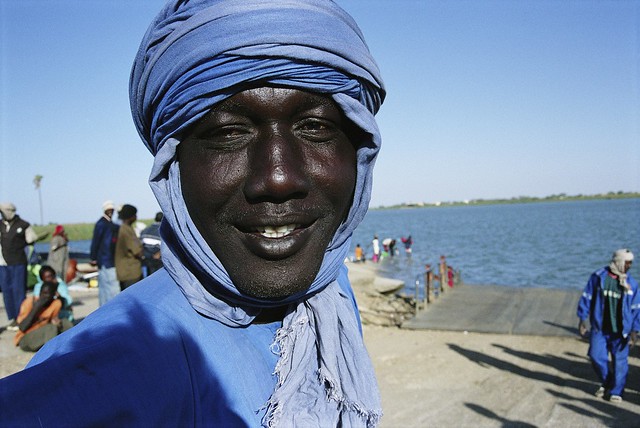The Democratic Republic of Congo (DRC) is the largest country in Sub-Saharan Africa (SSA). The DRC is endowed with exceptional natural resources, including minerals such as cobalt and copper, hydroelectric potential, significant arable land, immense biodiversity and the world's second largest rainforest.
Most people, however, have not benefited from this wealth. A long history of conflict, political upheaval, and instability, as well as authoritarian rule, has led to a serious and ongoing humanitarian crisis, which has been exacerbated since November 2021 with the resurgence of M23 activism in eastern DRC. This situation has worsened an already dire humanitarian crisis, with millions of people displaced and hundreds of cases of sexual and gender-based violence. Renewed offensives and the capture of key cities and territories in North and South Kivu have enabled the rebels to control roughly 20% of the country’s territory. Ongoing negotiations in Washington and Doha aim to advance the implementation of the Washington Agreement, signed between Kinshasa and Kigali on June 27, 2025. Subsequently, on July 19, 2025, the Congolese government and the M23 armed group signed a declaration of principles in Doha, establishing a ceasefire and laying the groundwork for a comprehensive peace agreement.
Despite these diplomatic efforts, substantial challenges persist, delaying the effective execution of these agreements. Tensions remain high on the ground, with continued clashes involving the rebels, the Congolese army, and their allies. The security situation in Ituri province is similarly volatile, marked by inter-community violence and competition among armed groups for control over mineral resources and territories.
The government is working to reinforce state authority and credibility, enhance governance, and pursue structural reforms. These efforts are aimed at restoring and maintaining stability and peace, attracting investment, and generating employment opportunities.
Economy
In 2024, the DRC's economy grew by 6.5%, driven by a 12.8% expansion in the extractive sector, particularly copper and cobalt production. Non-mining sectors grew by 3.2%, reflecting diversification and increased private investment. The current account deficit (CAD) narrowed to 3.4% of GDP, and foreign exchange reserves increased to 2.5 months of import coverage. The Congolese franc depreciated by 8.7% against the US dollar, and inflation fell to 11.3%. The banking sector remained profitable with expanding credit and declining non-performing loans.
Looking ahead, GDP growth is projected to slow to 5.1% in 2025, with a temporary suspension of cobalt exports widening the CAD to 3.7% in 2025. Non-mining sectors are expected to drive growth, with construction and infrastructure investment boosting non-extractive GDP growth to 5.3% by 2027. Currency stability and inflation control are expected to continue, but risks such as conflict, health outbreaks, and geopolitical tensions remain.
Despite positive trends, poverty remains high at 72.9%, with limited job creation in the mining sector and structural weaknesses constraining inclusive growth. Sustained reforms and investment in non-mining sectors are essential for broader development outcomes.
Last Updated: Oct 01, 2025







